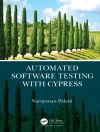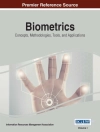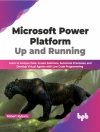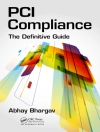The International Conference on Wireless and Mobile networks (Wi Mo) aims to bring together innovative ideas and new research trends in wireless and mobile networks. Wireless networks are the best inventions in history. Wireless networking gives you a cheap and easy way to share one Internet connection between multiple computers, eliminating the need for more than one modem. You can even add new computers to your network simply by plugging in a wireless card and switching them on–they have an Internet connection straight away! There aren’t many wired networks that can say that. This conference is dedicated to addressing the challenges in the areas of wireless and mobile networks. It looks for significant contributions to wireless and mobile computing in theoretical and practical aspects. The wireless and mobile computing domain emerges from integrating personal computing, networks, communication te- nologies, cellular technology and Internet technology. Modern applications are eme- ing in the area of mobile ad hoc networks and sensor networks. Wi Mo 2010 intended to cover contributions in both design and analysis in the context of mobile, wireless, ad hoc, and sensor networks. The goal of the conference was to bring together – searchers and practitioners from academia and industry to focus on advanced wireless and mobile computing concepts and establish new collaborations in these areas.
Nabendu Chaki & Dhinaharan Nagamalai
Recent Trends in Wireless and Mobile Networks [PDF ebook]
Second International Conference, WiMo 2010, Ankara, Turkey, June 26-28, 2010. Proceedings
Recent Trends in Wireless and Mobile Networks [PDF ebook]
Second International Conference, WiMo 2010, Ankara, Turkey, June 26-28, 2010. Proceedings
قم بشراء هذا الكتاب الإلكتروني واحصل على كتاب آخر مجانًا!
لغة الإنجليزية ● شكل PDF ● ISBN 9783642141713 ● محرر Nabendu Chaki & Dhinaharan Nagamalai ● الناشر Springer Berlin Heidelberg ● نشرت 2010 ● للتحميل 3 مرات ● دقة EUR ● هوية شخصية 6321395 ● حماية النسخ Adobe DRM
يتطلب قارئ الكتاب الاليكتروني قادرة DRM












